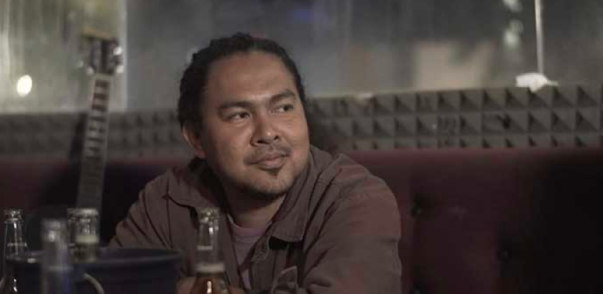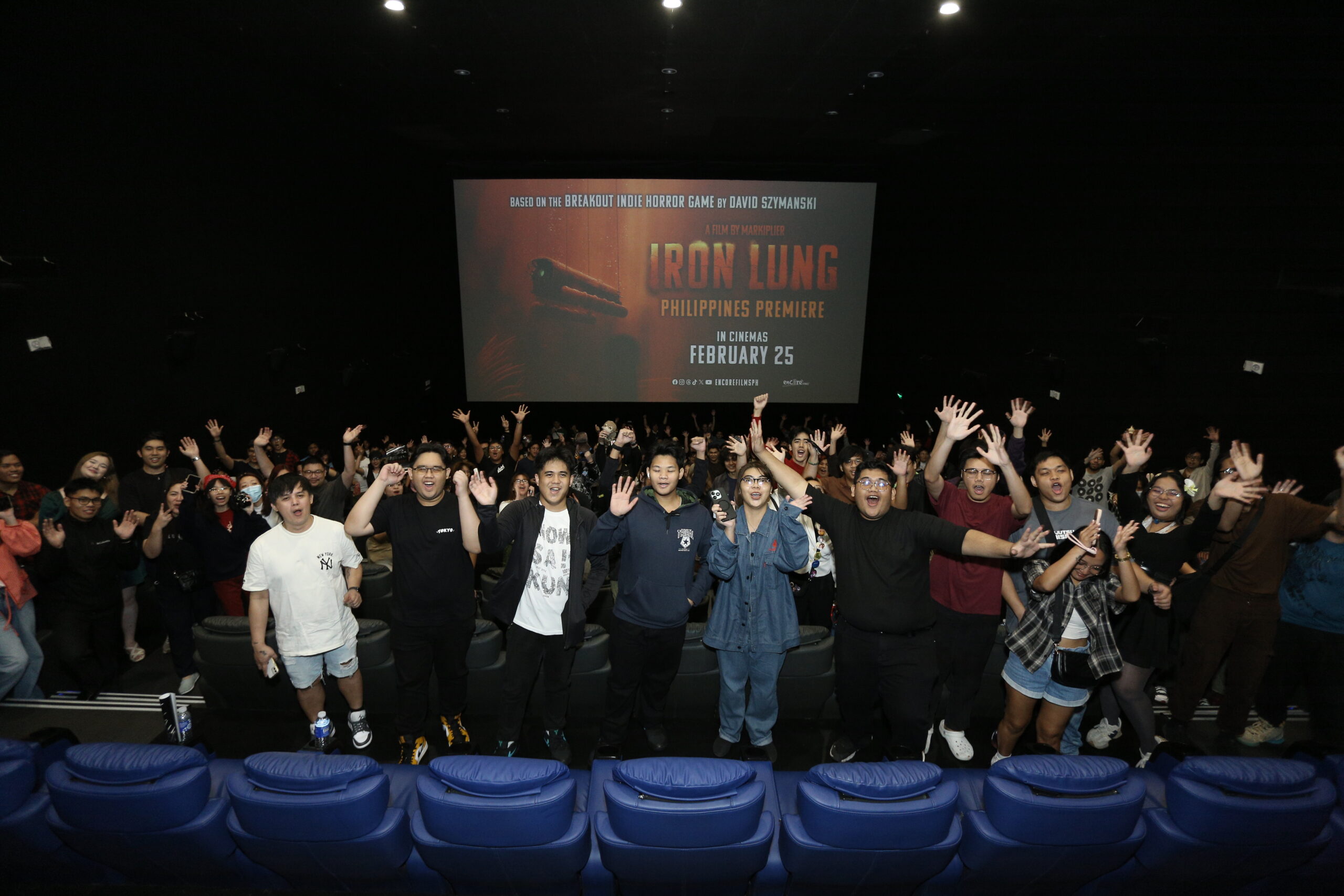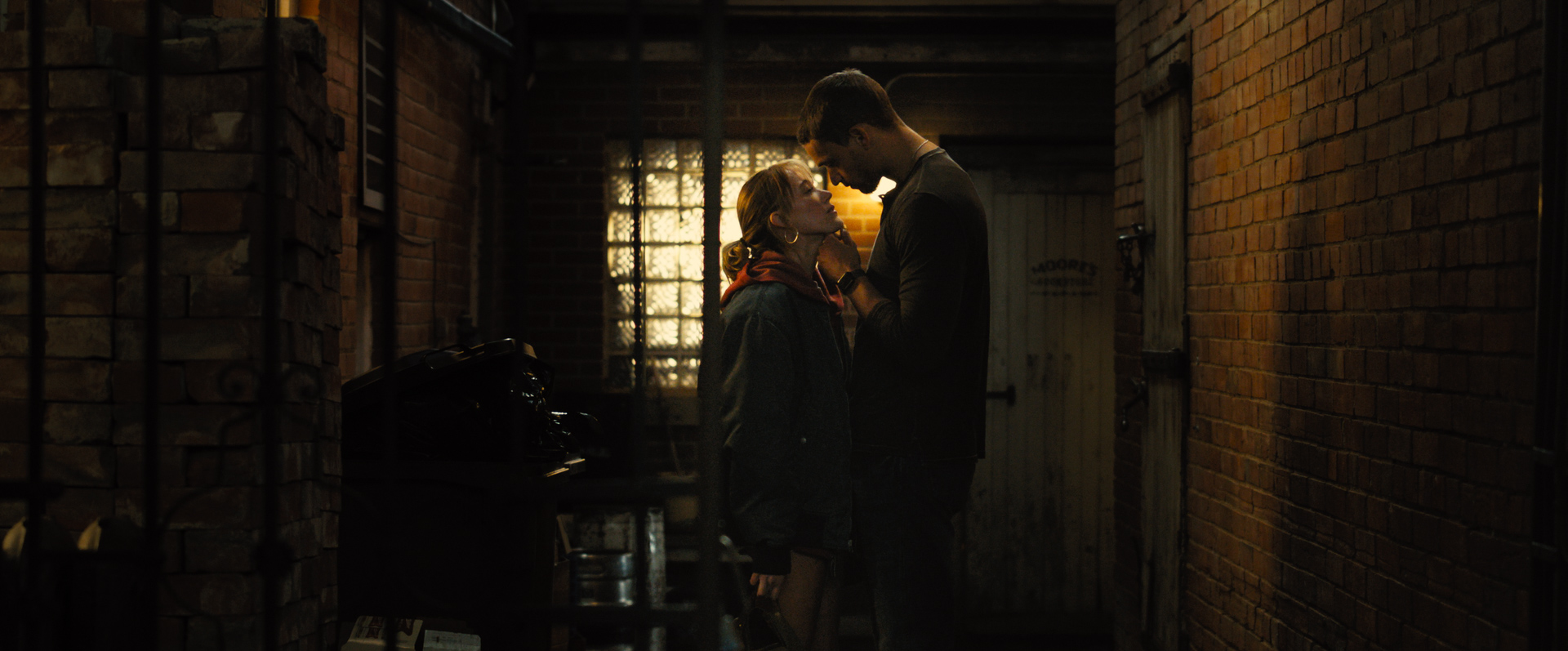Next in line to becoming the chieftain, a reluctant Piyo makes a sudden decision to reject his birth right and duty, much to his tribe’s dismay.
He disappears from the lives of the Talaandig tribe. Unknown to them, Piyo was incarcerated for a crime he didn’t commit. Armed only with his love for music and inherent gift of keeping people at bay, he gains the trust of his inmates and is soon paroled.
He now has to face the consequences of his decision and figure out where his future is headed. Will he continue to run away from his destiny?
“Kauyagan” is grounded from a really good material. It spurs many relevant questions, making you think about your own life decisions.
“When was the last time you embraced your way of life?”
This is one of the beautiful takeaways from Julienne Ilagan’s film. It’s also very interesting because in movies that feature stories of indigenous people, most depict the desire to reject their way of life only to adapt a modern and “cooler” way of life.
This one, however, doesn’t do that, which is admirable. Not once did the movie show us a character who is ashamed or wanted to denounce their tradition. And I liked that.
The problem lies in the execution.
The cinematography felt lazy. Although the score and sound design were good, the way the scenes were stitched together didn’t give the movie the quality it needed to pull viewers in.
While I can look past the less-than-average acting (because it seemed like they didn’t cast professional actors), I cannot help but be a little disappointed with the overall execution.
There was one scene in prison where Piyo initiated a musical number and each inmate used household materials. Not one instrument sounded authentic.
However, the songs are very catchy. Plus, there’s Bayang Barrios’ good performance. I guess, that makes the movie okay.



